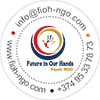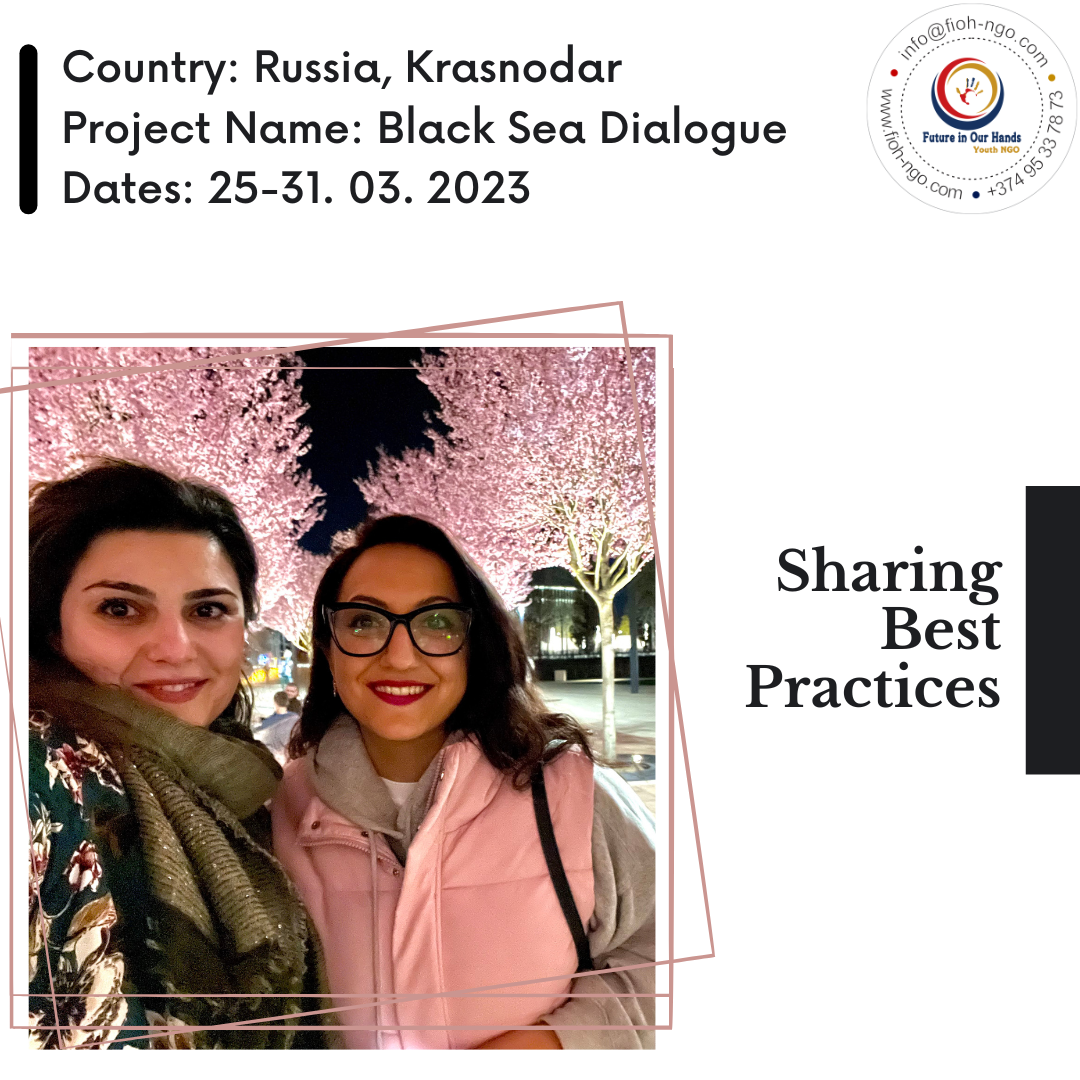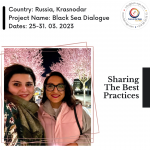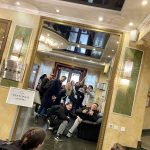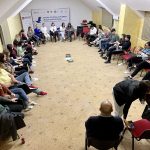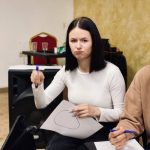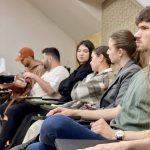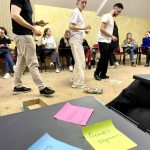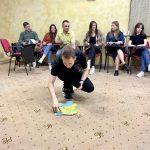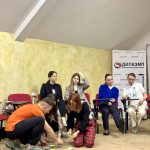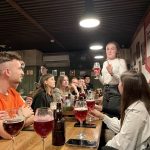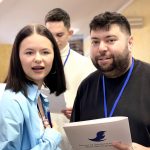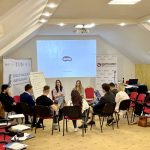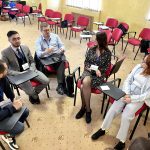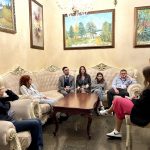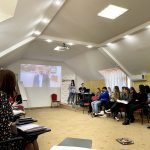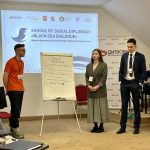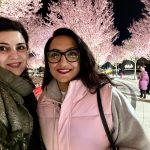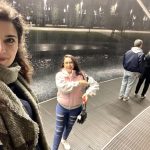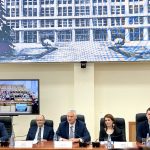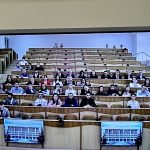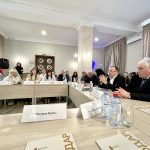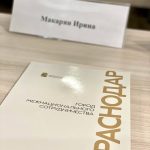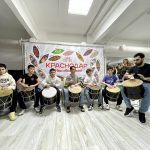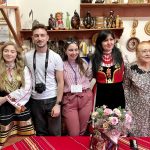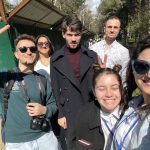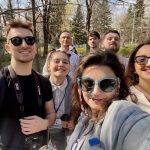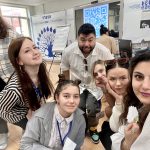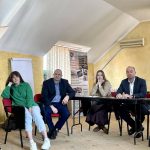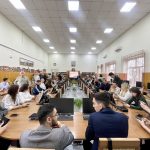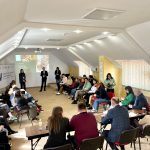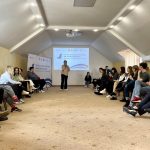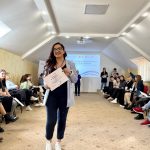A Successful Best Practice for Regional Cooperation
The Black Sea Dialogue organized by the School of Public Diplomacy, held in Krasnodar from March 25th to 31st, was a remarkable event that brought together representatives of NGOs and young civil activists from Armenia, Azerbaijan, Albania, Bulgaria, Turkey, Greece, Moldova, Romania, Russia, Serbia, Georgia, Ukraine, and Cyprus. The school’s primary objective was to enhance international communication skills and foster an understanding of international relations. By emphasizing confidence-building, motivation, and the formation of shared values, the project succeeded in laying a solid foundation for future collaboration and regional ties.
Through various workshops, seminars, and interactive sessions, participants were given the opportunity to share their expertise, experiences, and best practices. By fostering a sense of camaraderie and mutual respect, the school cultivated an environment conducive to productive dialogue and collaboration.
Confidence-building played a central role in the success of the project. Recognizing the importance of trust and understanding among youth leaders, the school incorporated activities and exercises aimed at building bridges and breaking down barriers. The NGOs’ representatives engaged in team-building exercises, simulations, and joint problem-solving activities that encouraged cooperation and nurtured a sense of shared purpose. These activities helped to establish a solid foundation of trust among the participants, which is crucial for long-term collaboration.
The Black Sea Dialogue project effectively motivated youth workers to actively contribute to the field of public diplomacy. Through inspiring talks by renowned experts, case studies of successful public diplomacy initiatives, and practical skill-building workshops, participants gained a deeper understanding of the impact of their work. The school provided a platform for youth workers to develop their knowledge and skills, empowering them to initiate and implement international projects focused on public diplomacy.
During these study visits, participants had the opportunity to engage with professors, researchers, and students from local universities, exchanging knowledge and perspectives on relevant topics in international relations and public diplomacy. They were able to explore different academic programs, research facilities, and initiatives aimed at fostering international cooperation and understanding.
Furthermore, visits to cultural centers allowed youth workers to immerse themselves in the local arts, traditions, and heritage of the region. These experiences not only enriched their cultural awareness but also facilitated a deeper understanding of the cultural dynamics that influence public diplomacy efforts.
This emphasis on motivation fostered a sense of commitment and dedication among the participants, furthering their desire to make a positive difference in their respective communities.
One of the key outcomes of the Black Sea Dialogue School was the strengthening of regional ties. By bringing together representatives from diverse backgrounds and countries in the Black Sea region, the school provided a unique opportunity for cross-cultural exchange and understanding. Participants were able to learn from one another’s perspectives, challenges, and successes, thus creating a shared sense of purpose and responsibility. The connections forged during the school laid the groundwork for future collaborations and regional initiatives that will contribute to the development and prosperity of the entire Black Sea region.
